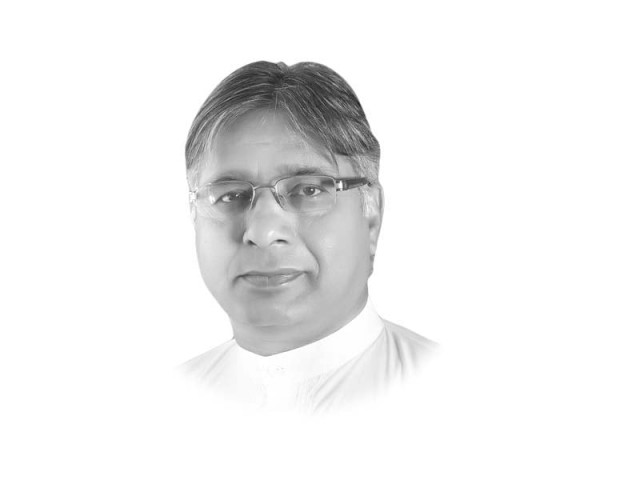Bitter pill of education sector reforms
The financial and technical help from INGOs would be crucial for maintaining the education infrastructure

The writer is a freelance journalist specialising in international law, rural development and public policy, and a director of the Centre for Social Justice. He can be reached at jacobpete@gmail.com
In fact, given the enormous constraints, there are few viable policy options which will have to be harnessed in the best possible manner in order to secure success. For instance, the lack of financial resources is likely to hold back a substantial progress in achieving mass literacy. Free and compulsory education for all children under Article 25-A of the Constitution could remain an elusive dream in the near future. The goal will become even harder to achieve if the government fails to strike a balance between encouraging and regulating the private sector.
The financial and technical help from UN Agencies, Malala Fund, DFID and NGOs would be crucial for maintaining the education infrastructure. Corruption, nepotism, institutional dysfunctions and political interference will have to be treated for efficient use of resources at hand.
Since the PTI promised a uniform education system in its election manifesto, the Federal Ministry of Education will have to tackle some delicate questions. For instance, any apprehension about Sindhi, Balochi and Pashto languages being marginalised will have to be allayed. Imposing a uniform curriculum for the entire country, unilaterally, would be unwise because ensuring equal outcomes of a uniform policy is going to be difficult anyhow, given the stark economic and social disparities and allocation of resources.
The government shouldn’t become hostage to its understanding of issues in education system before assuming the power. Introducing a semblance of uniformity, if unprincipled, would be doomed to fail, which the country can hardly afford.
The overtures showing disrespect to the principle of provincial autonomy (decentralised governance) or the 18th constitutional amendment is a dangerous trend. The policy-making process has to be truly representative and participatory. The rules of procedure must not be ignored for any perceived or wishful results. Lessons will have to be drawn from the policy failures, particularly of the Education Policy of 1972, Farogh-e-Taleem and Nai Roshni programmes in the 1980, etc. The government should work with the opposition, provincial governments, various experts and civil society stakeholders and try to benefit from difference of opinion rather than discard it.
The draft National Education Policy of 2017 did not offer a departure from the failed policies of the past. It ignores even the mention of fundamental rights in the Constitution while it fails to take measures for preserving rights of religious minorities under Articles 20 and 22. Hence, a new a people-centric and democratic policy- making exercise is imperative.
Raising the standard of education is an absolute necessity and the toughest of all challenges in the wake of a mindset sitting in every tier of decision-making and implementation. This mindset is a product of an undue emphasis on propagation of state’s ideology based on preference for majority religion, particularly in the education policy and textbooks. This emphasis leaves a small learning space and academic freedom necessary for creative learning.
Some ideologues wrongly attribute the prevailing lack of social cohesion to multiple school systems in Pakistan. Whereas the basic cause behind this is the twisted version of history in the textbooks which K K Aziz calls The Murder of History (Sang-e-Meel 2010, first published in 1993). This narrative of history otherwise challenged by intellectuals and historians in the country and abroad, breeds religiously-motivated intolerance among the youth because it creates confusions on the one hand and impractical aspirations on the other.
Finally, a conversation about the reforms can hardly be robust without including the voices which have been marginalised, unfortunately. The people having long and rich experience in the field of education should be treated as an asset.
Published in The Express Tribune, September 27th, 2018.
Like Opinion & Editorial on Facebook, follow @ETOpEd on Twitter to receive all updates on all our daily pieces.
















COMMENTS
Comments are moderated and generally will be posted if they are on-topic and not abusive.
For more information, please see our Comments FAQ